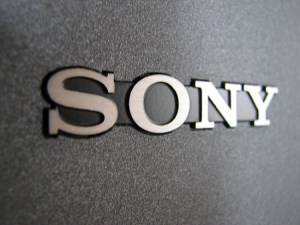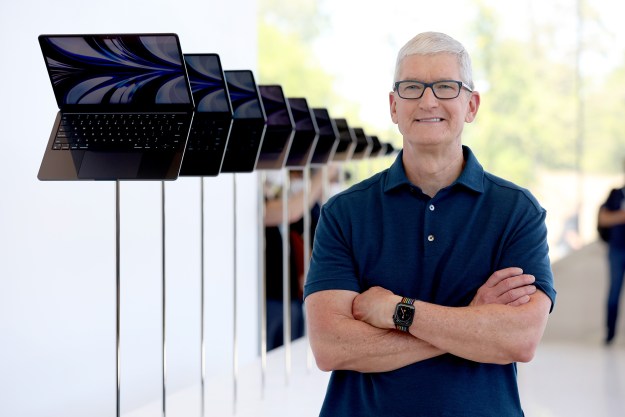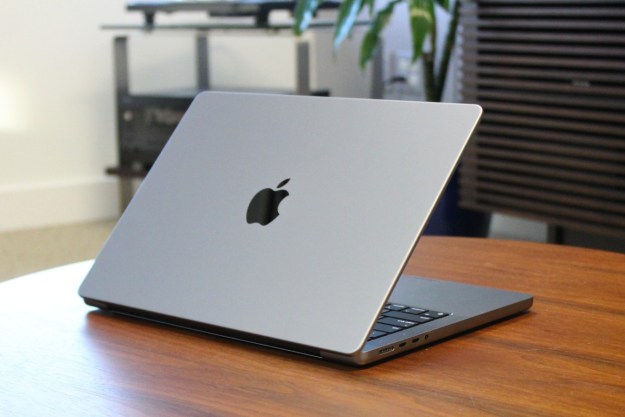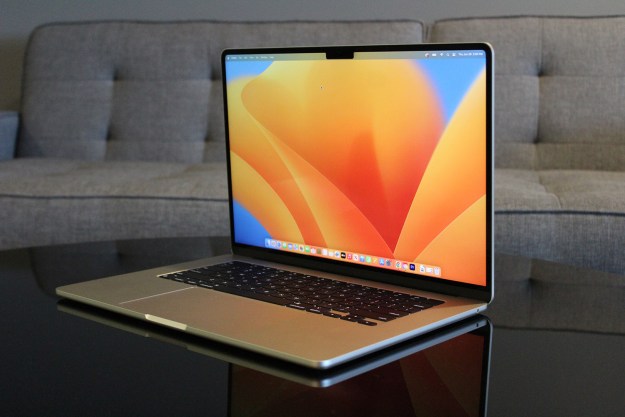
Electronics giant Sony had been expecting to return to profitability during its fiscal year that ended March 31, 2011, but instead the company has revised its consolidated forcast (PDF) and says it expects to post a $3.2 billion loss for the year. Although a large portion of the downward revision comes in the form of a ¥360 billion ($4.4 billion) writoff from a tax credit booked in an earlier quarter, some of the loss is directly attributable to disruptions caused by the recent Japan earthquake and tsunami, which has interfered with production.
Sony chief financial officer Masaru Kato indicating that parts and component shortages resulting from the Japan earthquake and tsunami have largely been mitigated, but the company has not fully recovered from the disruption. Overall, Sony estimates the impact of the quake on its operations is currently about ¥22 billion ($270 million). The company is also spending some $170 million in the wake of the take-down of its PlayStation Network and Qriocity cloud service, including paying for identity theft protection services for customers.
The news is particularly galling for Sony, which until recently had proudly earned money every year, despite some businesses (like its PlayStation operation and televisions) which last money as Sony attempted to build a market. However, Sony posted a $439 million loss for its 2009 fiscal year (ending in March 2010), and a loss more than double that for fiscal 2008—the first time Sony had run into the red in 14 years. Investors had been eager to see the company return to profitability.
Sony maintained its operating profit numbers from earlier forecasts, saying it will pull in some $2.46 billion, albeit it on a slightly reduced sales volume $88.2 billion. However, Sony’s television business will likely remain a money-losing operation for a seventh straight year.
Sony’s official earnings announcement is due Thursday.
Editors' Recommendations
- The case for buying the M2 MacBook Air over the M3 model
- This popular 2-in-1 laptop is $450 in Dell’s ‘New Year Event’ sale
- Meta Quest 3 is here, but is the Quest 2 still worth buying?
- Apple’s M3 MacBook plans could be in jeopardy this year
- Half-Life 2 is getting Nvidia’s RTX treatment with DLSS 3


